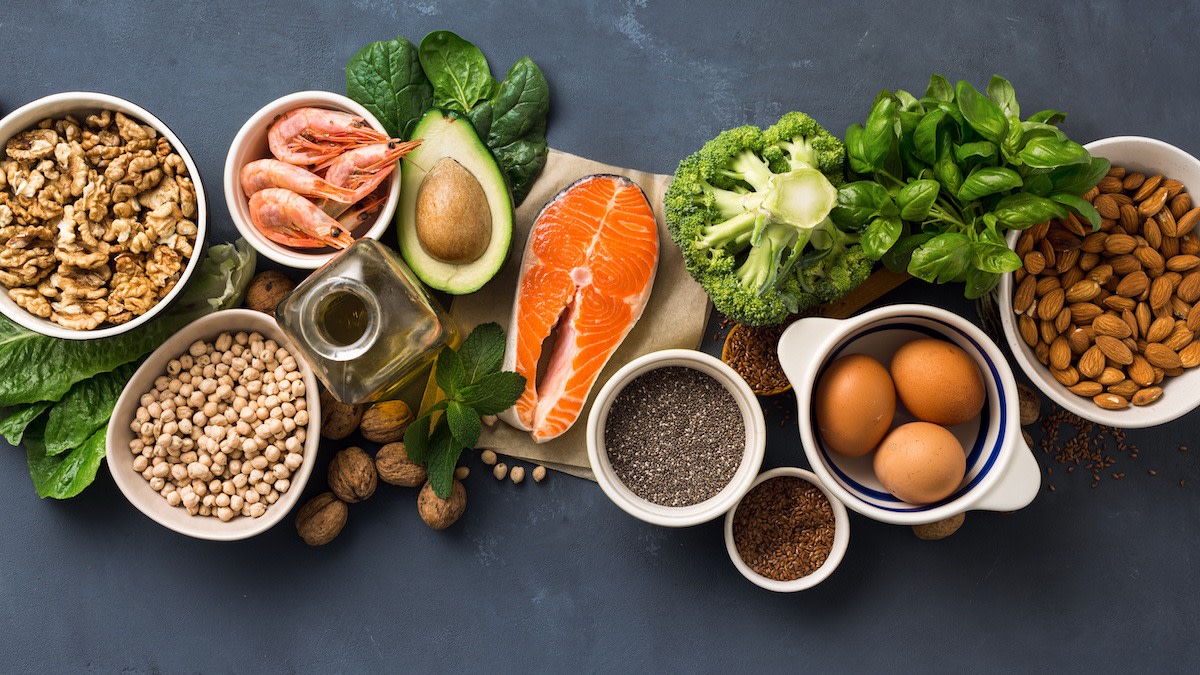What to Eat Before Running: 6 Pre-Run Foods
Written by MasterClass
Last updated: Jun 3, 2022 • 4 min read
Eating snacks and meals high in carbohydrates before running can boost your performance. Vitamins and minerals provide energy for runs and can aid in muscle recovery.
Learn From the Best
Should You Eat Before Running?
Eating before you run can provide energy and prevent fatigue, particularly for longer, intense runs. The best foods for runners are high in carbohydrates, moderate in protein, and low in fiber and fat for optimal digestion. For shorter runs, a small snack, such as a piece of fruit or an energy bar, can help boost your glycogen or energy storage. You should consume a full meal high in carbs before a long-distance run, especially before a race.
When to Eat Before Running
In general, runners should consume a snack thirty minutes to an hour before running to prevent cramping. If you eat a full meal before your run, wait an hour and a half to two hours before running to aid digestion.
6 Foods to Eat Before Running
Consider the following pre-run meals and pre-run snacks:
- 1. Energy bars: These small, high-carb snacks provide energy and protein to help repair muscles.
- 2. Whole grains: Whole-grain pasta, whole-grain bread, quinoa, and brown rice contain complex carbs that break down slowly. Complex carbs provide more vitamins and minerals than simple carbs. You can eat a whole wheat bagel with peanut butter, Greek yogurt with fruit and granola, or a turkey sandwich with lettuce and tomato on whole-wheat bread. Mashed avocado on whole-wheat toast with an egg is another protein-rich meal with whole grains.
- 3. Fruit: You can have fresh or dried fruit as a snack before a run. Bananas, apples, and berries provide energy and contain antioxidants that can reduce muscle soreness. You can also drink a smoothie with protein powder to help with muscle recovery.
- 4. Vegetables: Eat low-fiber veggies, such as carrots, for a simple pre-run snack. Dip veggies in nut butter—healthy fats such as almond butter help the body absorb nutrients.
- 5. Lean protein: Lean meats, such as chicken breast or fish, are excellent protein sources and provide iron to support the transfer of oxygen to muscles. Eggs also contain protein and amino acids to aid in muscle recovery.
- 6. Energy gels: Consuming energy gels before and during a long run replenishes your body’s glycogen stores and increases blood sugar levels. Experiment with energy gels before race day to see which products work best for you.
Runners should eat a balanced diet with vitamin A, vitamin D, vitamin E, vitamin C, B vitamins, antioxidants, potassium, magnesium, and omega-3 fatty acids. These vitamins and minerals help support energy production, the immune system, and muscle function.
6 Foods to Avoid Before Running
It is best to avoid the following foods before a run:
- 1. Sugary drinks: Drinks high in sugar can cause dehydration and spike blood sugar, leading to fatigue.
- 2. Spicy foods: Spicy foods can cause nausea and heartburn during your run.
- 3. High-fat foods: Fatty foods can cause your stomach to feel heavy, making for an uncomfortable run.
- 4. High-fiber foods: High-fiber foods can stimulate bowel activity during your run.
- 5. Caffeine: Caffeine can stimulate bowel activity and cause dehydration.
- 6. Lactose: Dairy products can cause gastrointestinal issues and bloating during your run.
Can You Run on an Empty Stomach?
Running on an empty stomach can lead to fatigue and low levels of glycogen can limit the duration of the workout. If you are running first thing in the morning or going on a short run later in the day, your glycogen stores from prior meals may be enough to sustain the activity. Every runner has a different metabolism, so experiment with food items and your eating schedule to find what works best for you.
Should You Drink Water Before a Run?
Consume water before, during, and after a run to maintain hydration. Water also helps joints stay flexible and regulates body temperature. In addition to water, runners can drink sports drinks to replace electrolytes and boost energy levels during a run.
How to Work Out Safely and Avoid Injury
If you have a previous or pre-existing health condition, consult your physician before beginning an exercise program. Proper exercise technique is essential to ensure the safety and effectiveness of an exercise program, but you may need to modify each exercise to attain optimal results based on your individual needs. Always select a weight that allows you to have full control of your body throughout the movement. When performing any exercise, pay close attention to your body, and stop immediately if you note pain or discomfort.
To see continual progress and build body strength, incorporate proper warm-ups, rest, and nutrition into your exercise program. Your results will ultimately be based on your ability to adequately recover from your workouts. Rest for 24 to 48 hours before training the same muscle groups to allow sufficient recovery.
Learn More
Get the MasterClass Annual Membership for exclusive access to video lessons taught by the world’s best, including Joe Holder, Joan Benoit Samuelson, Serena Williams Stephen Curry, Simone Biles, Tony Hawk, and more.
